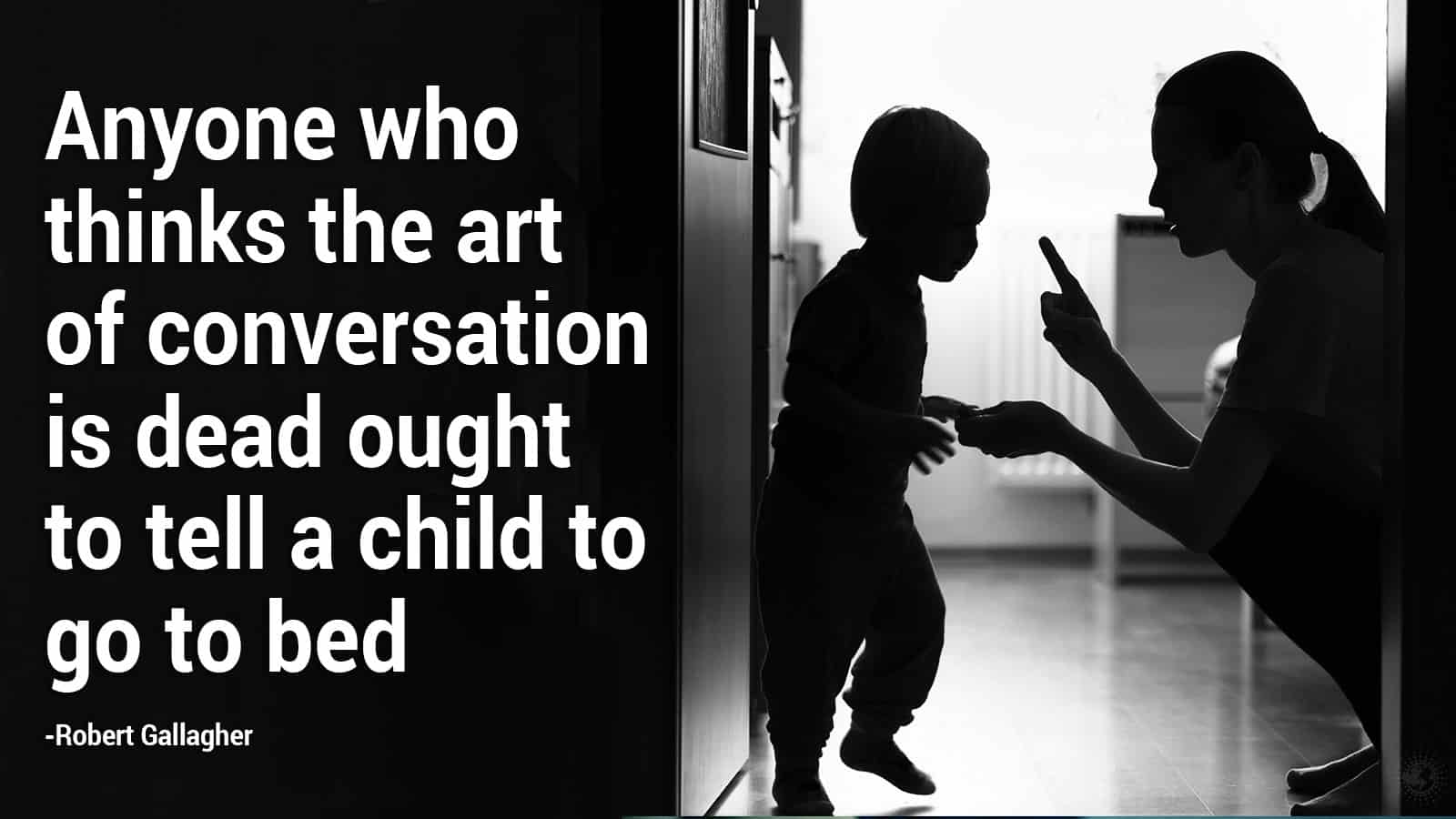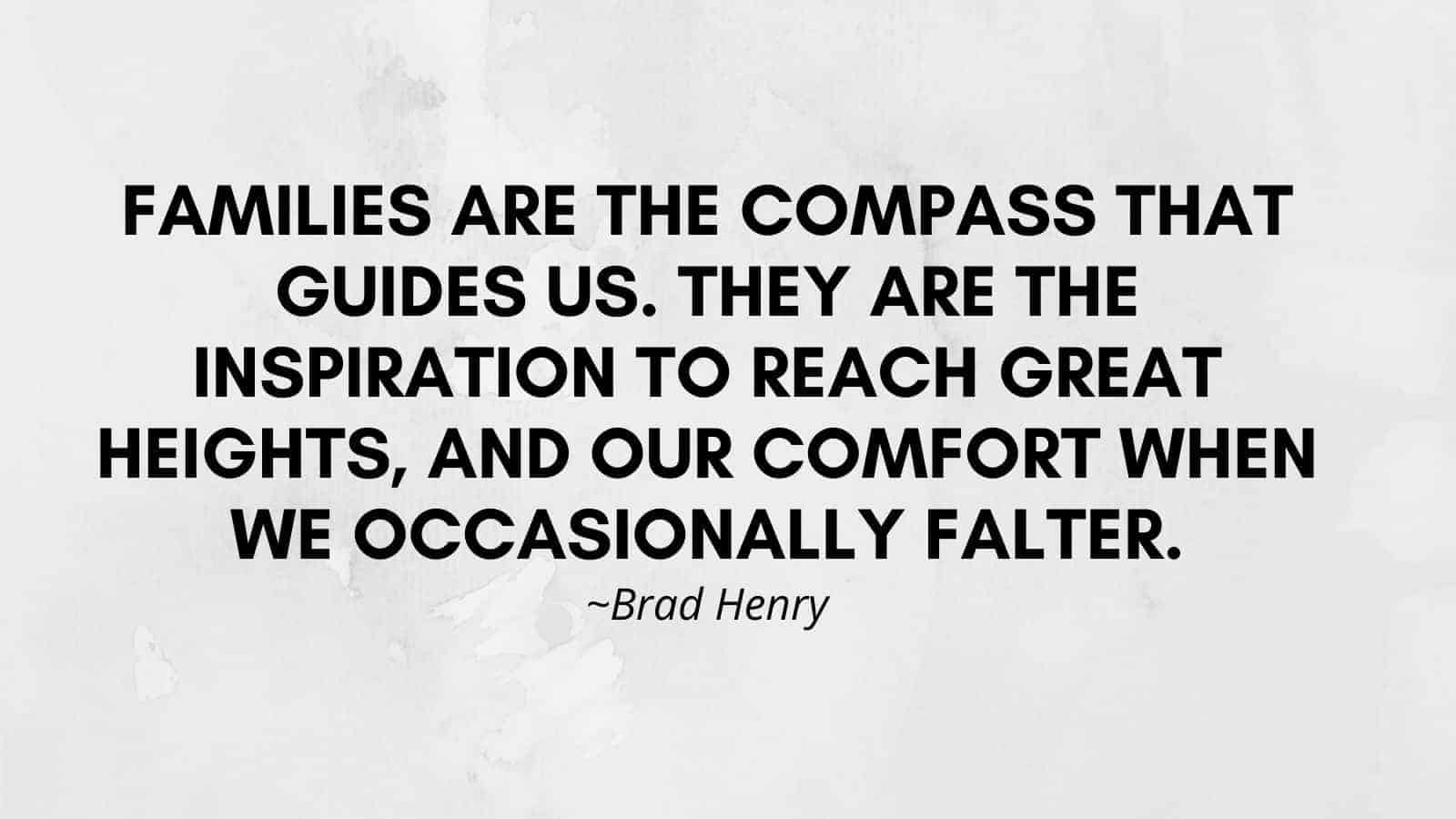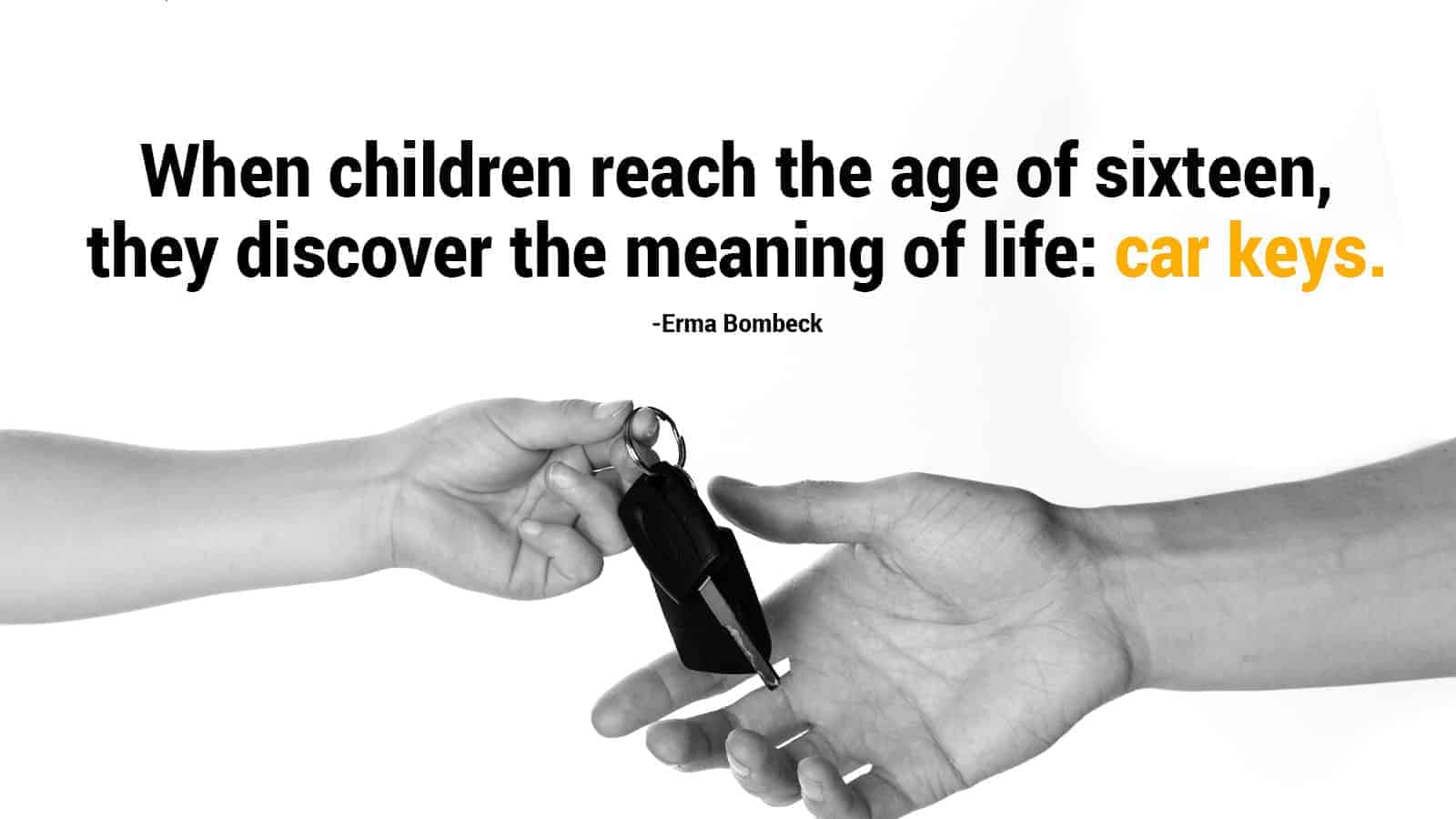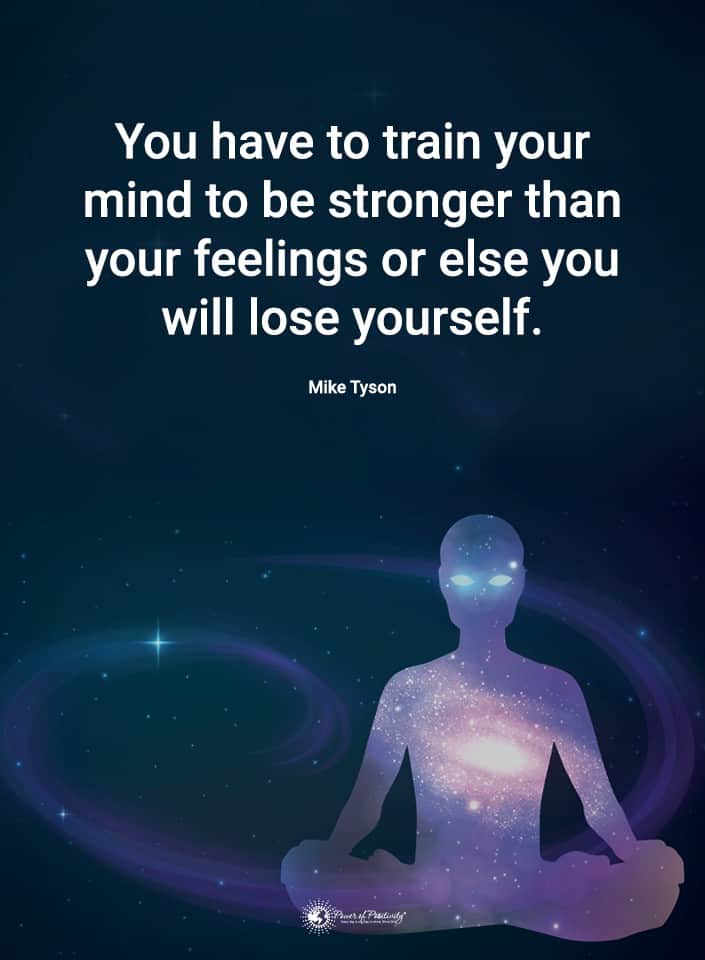Couples that have been married for a while love to tell their story. They talk about how they met and the moment they knew they’d found the one for them. There is always a moment when you realize they are the person for you, but not everyone recognizes the subtle signs.
There typically isn’t just one sign, either. In most relationships, many small moments lead up to the big event. When you recognize the signs, you can bask in them and start thinking about where your relationship is heading.
Not all married couples are specific when they tell their story. Some might say there wasn’t a particular moment when they knew, but there were likely still signs along the way. There are good qualities that help you recognize that your true love.
These subtle signs can help you know when to take your connection to the next level if you are in a relationship. However, these tips can even help anyone in a relationship because they’ll know what to look for. As you look for these subtle signs, you should note when they’re missing in your relationships.
Twenty Subtle Signs That You Have Found “The One”
1. You Can’t Imagine Giving Them Up for Anything
Giving up a single lifestyle isn’t an easy decision for many people. It requires making drastic life changes such as not staying out all night with friends or going places you’d rather not. Plus, you’ll have to make decisions and plans as a couple rather than only worrying about yourself.
If you can make these changes and can’t imagine a different decision, it’s a good sign that you’ve found your person. You won’t miss those days because you’ll be happy with the new romantic change in your life.
2. Getting Random Texts from Them Makes Your Day
If you see your partner’s name pop up on your phone and you immediately smile, it’s a good sign. Not only is it a good sign that you get happy about it, but it also shows your person is thinking of you.
3. You Always Know How to Cheer Them Up
When your person is in a funk, and you can always cheer them up, it’s a subtle sign that you found your person. It shows that you know them better than anyone else does and that you’ll do what it takes to make them happy. Plus, it shows that you pay attention to the little details and remember what they love.
4. You’re Honest When Something Bothers You
In a serious relationship, you must be comfortable speaking up when something bothers you. You can’t address or fix issues if you bottle them up, and keeping them to yourself usually leads to more problems. However, if you can be upfront about issues in your relationship, it’s a subtle sign that you’re in the right one.
5. You Are Both Comfortable with the Other Having a Separate Life
In healthy relationships, both of you should feel comfortable having a life outside of one another. Both of you should still spend time with other friends and loved ones alone.
When they see people, they knew before. You don’t always have to tag along. Additionally, it would be best if you didn’t make them feel bad for spending time with others or working on their hobbies.
6. They Can Order for You (the sweetest of these subtle signs of love)
When you go out with your person, and they know what to order for you, it’s a sign that they pay attention. They might order your favorite drink for you while you’re in the bathroom or choose your favorite appetizer. Whatever it is, if they get it right, it’s a romantic sign that they are the person for you.
7. Everything Feels Better When You See Them
When you’ve had a bad day but seeing your person makes it better, it’s a good sign for your relationship. They’ll help ease the pain and make you realize that great things are happening in your life. You’ll feel better as soon as you see them because you know they’ll help make it better.
8. Everything is Fun When You’re Together
When you’ve found the right person, anything can be fun. Even grocery shopping will be more exciting when you go together. Running errands together gives you a chance to create inside jokes and bonds as you walk through the aisles.
Of course, you’ll do more exciting things than just going to the grocery store. While you’re in the car on your way to fun activities, pay attention to how things are going. If a car ride is fun when you’re together, it’s a subtle sign that they are your person.
9. You Know When They Need Their Space (the most underrated of these subtle signs of affection)
Everyone needs alone time, even when they are in a happy and healthy relationship. You don’t have to spend every moment together, and it’s not healthy if you do. It’s a good sign of a strong connection if you recognize when your special person needs to be left alone.
10. There are Certain Things You Won’t Do Without Them
When you’re in the right relationship, you’ve likely started doing things together. If you find that you won’t do certain things if they aren’t there, it’s a good sign that it’s a lasting relationship.
Some couples have a show they watch together, and they wouldn’t want to watch it without the other. Likewise, if there’s a restaurant you only go to with them, it’s a subtle sign that they’re your person.
11. You Can Read Each Other’s Subtle Signs in Social Situations
If you know your person well enough to pick up on their signs, it’s a sign of a long-lasting relationship. When you can both see when the other is ready to go without speaking up, you know that they pay attention to you. They care deeply and are learning your little quirks, helping them recognize when you need something.
12. You Feel Safe to Admit When You’ve Made a Mistake
If neither of you admits when you’ve messed up, your relationship likely won’t last. However, when you’ve found your person, you’ll feel comfortable enough to admit your mistakes. You know they won’t hold it against you long-term, and they’ll accept your honesty.
Being able to admit mistakes in a relationship helps you work toward something more. It’s a sign that you are both willing to put in work for a better relationship.
13. You Can Be Cheesy Around Them
When you can let loose and tell cheesy jokes, it’s a subtle sign of something deeper between you. Being yourself in a relationship is a blessing that not everyone receives. If you’re lucky enough to have someone to be cheesy with, they might be the person for you.
14. You Argue Passionately
In a healthy relationship, you won’t argue often. However, when you do, it’ll be passionate. You let go of more minor issues, so when something does come up, you’ll both show your passion. Your argument won’t be about who has the final say, but it’ll be about finding common ground.
15. You Can Share Your Dreams with Them
If you’ve found someone you can share your dreams with, it’s a subtle sign that they are your person. When you want to share every detail of your life and plans with them, there’s a good reason for it. They will also make you feel like you can reach any goal you have, and they’ll encourage you along the way.
16. You Encourage One Another
When you’ve found the right person, you’ll both encourage each other. You’ll want their dreams to come true, and they’ll encourage you to make yours happen, too. If you both support one another and want to see each other succeed, it’ll lead to a long and happy relationship.
17. You Argue Fair (the most unexpected of the subtle signs of a good relationship)
When you argue, you don’t say things to hurt one another. Instead, you fight fair and try to come up with a solution together that’ll benefit both of you. Every couple argues, but people in a happy relationship want to handle conflict together.
18. You Care About Each Other’s Opinions
Whether you are talking politics or critiquing a comedy movie, you’ll respect one another’s opinions. It’s okay to disagree, but you must not belittle one another for having a different view. When you share your thoughts, you’ll both want to hear them even if there’s a disagreement.
It’s a good sign if you have someone who asks for your opinion and listens without judgment. It’s beneficial to have someone you can communicate freely with.
19. You Want to Make Their Life Easier
If you look for ways to improve your person’s life, it’s a subtle sign of finding your person. It shows that you’ve stopped living for yourself and now think of someone else’s well-being, too. Sacrifices in a relationship indicate that you’re willing to adjust your life to have them in it.
20. You’re Okay with Being Vulnerable (maybe the most important of these subtle signs they’re the one)
Vulnerability is essential in a healthy, long-lasting relationship. You’ll let your person see the parts of your mind and emotions that no one else gets to experience. Plus, you’ll trust them not to use those areas to hurt you later on.
Final Thoughts on Subtle Signs That You Have Found “The One”
Finding your person is one of the most incredible and most exciting parts of your life. Recognizing the subtle signs that indicate you found the right person for your life can help you strengthen the relationship.
Don’t miss the subtle signs that indicate it’s time to move forward. Plus, make sure you’re showing these subtle signs to your partner, too.




















